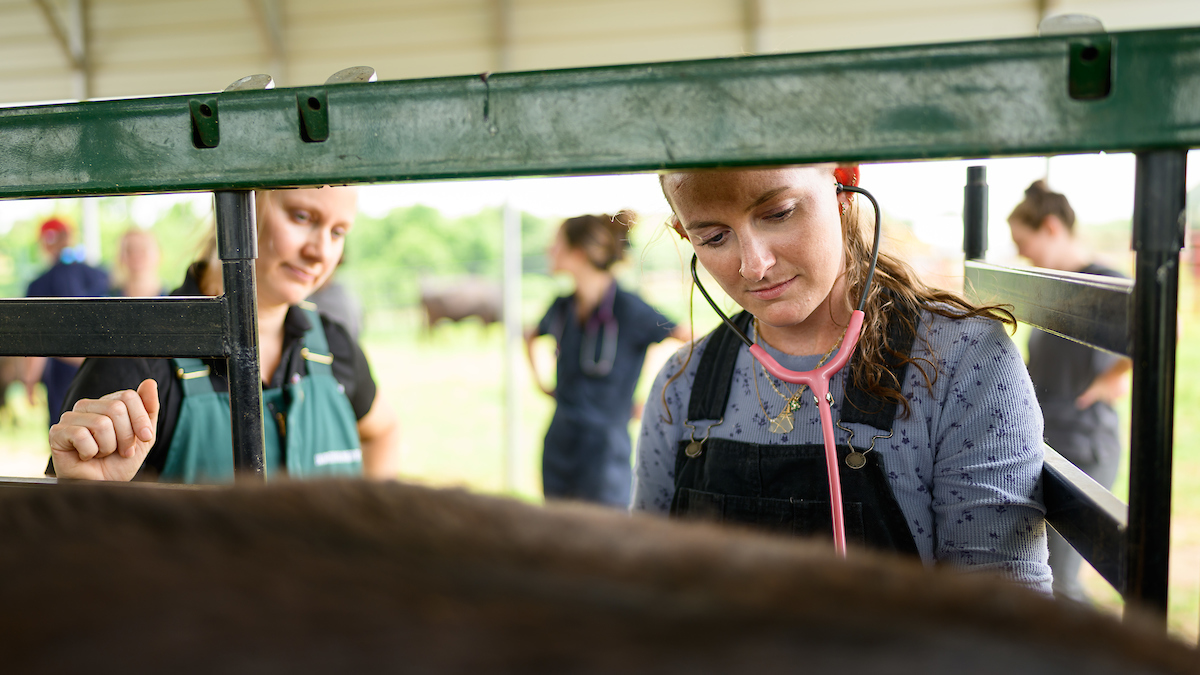Morris Animal Foundation Awards Competitive Feline Health Grants to CVM Researchers

The Morris Animal Foundation has awarded two of five national grants to improve feline health to researchers from the North Carolina State University College of Veterinary Medicine (CVM).
In a highly competitive process, the foundation’s small animal scientific advisory board selected, based on scientific merit and impact, the studies with the greatest potential to save lives, preserve health and advance veterinary care. The CVM was the only college to receive more than one grant.
A two-year grant of $62,714 was awarded to Paul Hess, associate professor of oncology and immunology, to lead a study using DNA sequencing technology to better understand biological mechanisms that help cats fight off viral infections. The research may be highly applicable for the development of the next generation of vaccines. Researchers will study specific molecules in cat blood samples collected from around the world. This new data will provide insight into the cat’s immune response to infectious diseases and will help detect breaches in protection against viral infections.
A two-year grant of $88,480 was awarded to Duncan Lascelles, professor of small animal surgery and pain management, to lead an investigation of novel methods to measure chronic pain hypersensitivity in cats with osteoarthritis and other degenerative joint diseases. The ultimate goal is to improve diagnostic and treatment strategies.
Unlike dogs, no approved therapies for effectively treating chronic pain exist for cats, due in part to the difficulty in measuring pain in these often stoic animals. Researchers will investigate the use of two new methods, successfully used in other species, to objectively detect and measure central sensitization associated with feline degenerative joint disease.
“There are very few funding sources for research into the diseases that impact our domestic cats,” said Barbara Wolfe, chief scientific officer at the foundation. “With the announcement of these newest grants, Morris Animal Foundation continues to support critical research that will advance veterinary care for our companion cats, and help them enjoy longer, healthier lives.”
Since its founding in 1948, the Denver-based Morris Animal Foundation has invested over $103 million toward more than 2,500 studies, leading to breakthroughs in the diagnosis, treatment and prevention of diseases for animals worldwide.


